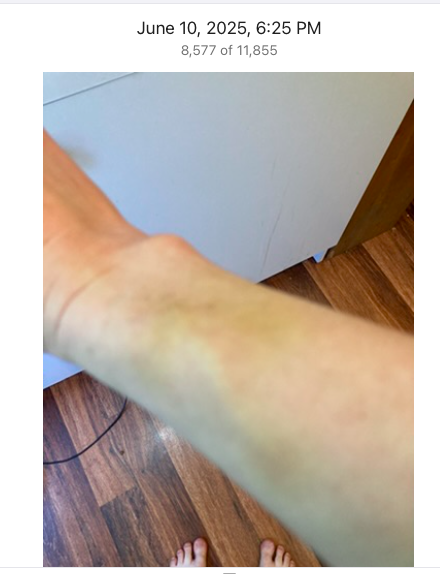For @damemagazine, I interviewed people in journalism/media criticism about how the press covers different current events, from Afghanistan, to covid, to climate change, & the insurrection. Here are a few quotes that are salient this week. . . . damemagazine.com/2021/09/27/wha…
Greg Sargent, on attacks on American democracy: "This gets to the essence of one of the big problems here. That flagrantly anti-democratic combat is sometimes treated as sort of partisan warfare as usual. And it really isn’t that. . . ." damemagazine.com/2021/09/27/wha… 

Sargent, continued: ". . . I think a lot of Americans are really being treated to a kind of mode of coverage that obscures this very profound imbalance between the two parties on really the fundamentals of democracy." damemagazine.com/2021/09/27/wha… 

.@drvolts on climate: "We know the number of people who are going to suffer is unfathomable. We know, objectively, the consequences are going to be horrific. . .And I ask you, why, given those circumstances, which are so clear, why isn’t the media upset?" damemagazine.com/2021/09/27/wha… 

.@beyerstein on Covid: "There are people who are doing the right thing and people who are doing the wrong thing. Officials who have abandoned their people & officials who are serving their people. I don’t get that narrative consistently from the coverage" damemagazine.com/2021/09/27/wha… 

I don't want to overly editorialize, but one general impression I came away w/ was this: there is a strong desire for reporting on current events to contain "a sense of urgency, a willingness to assign responsibility to political leaders, and a strong focus on human welfare. . ." 

Comparing Afghanistan coverage to coverage of other events is a very sensitive task. I think such an exploration can lead to insight about journalism, but I also want to be clear: no one I spoke to minimized the dire humanitarian crisis in Afghanistan. damemagazine.com/2021/09/27/wha… 

Indeed, many pointed to the passionate humanitarian focus as a real strength of the coverage of Afghanistan. Which is why, again, I came away with the impression that perhaps there is a desire for coverage of other events to convey human agents & human victims w/ greater urgency 



I came back to all of this today because of reporting on the debt ceiling. Republicans are *objectively* putting our entire economy at risk. They are also *objectively* hypocritical. Further, their motivations for this potentially catastrophic behavior have been left unclear.
• • •
Missing some Tweet in this thread? You can try to
force a refresh








